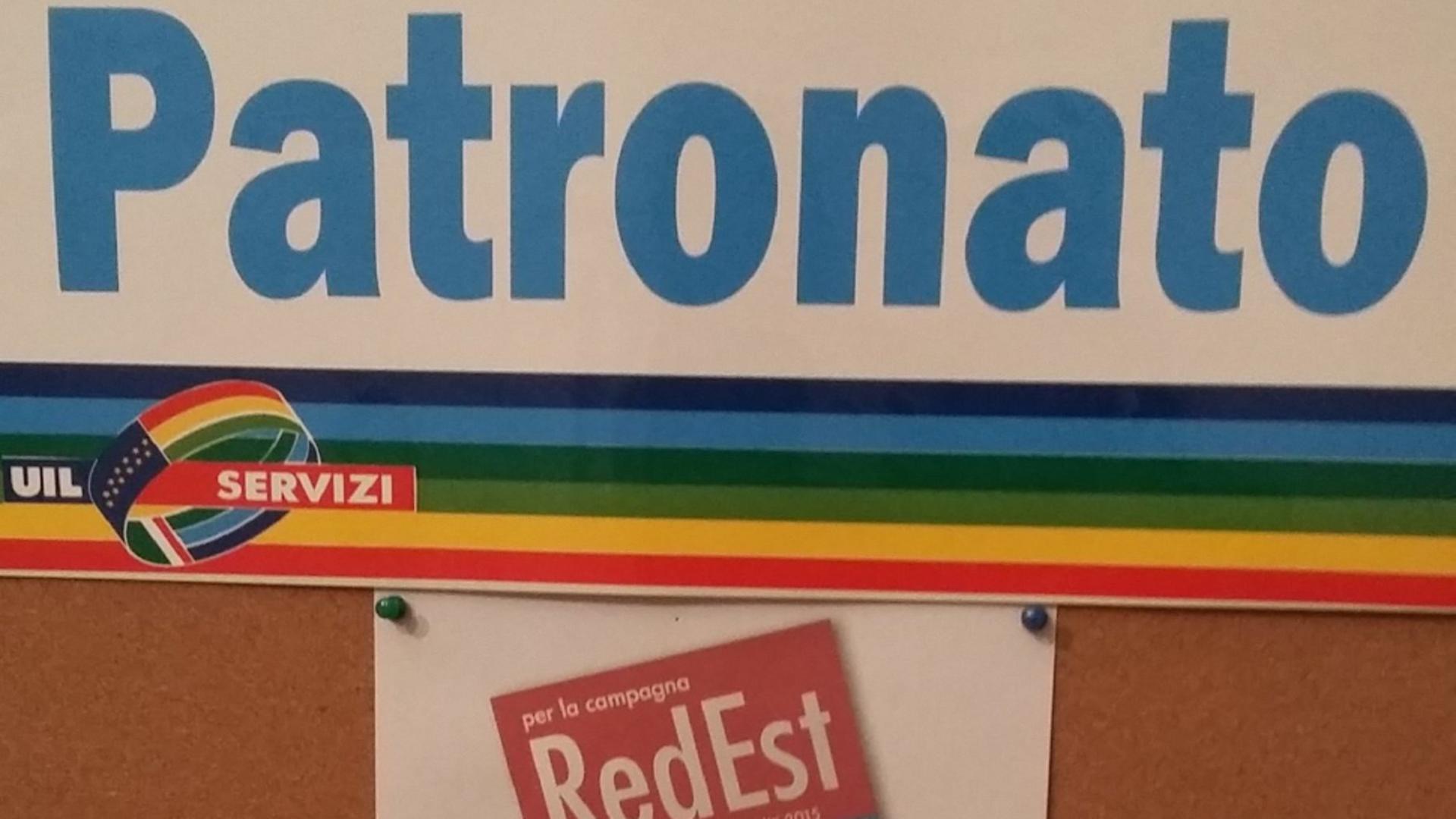If Mayor Brandon Johnson seemed short-tempered after losing on the Bring Chicago Home referendum last week — the first major loss of his brief political career — perhaps we can cut the guy some slack.
Going back and rewatching that postelection news conference a week later, what stands out is Johnson’s unshaken commitment to his progressive agenda and his determination to get his way in addressing the city’s homelessness challenge.
Johnson warned opponents to “buckle up” because he’s not defeated yet. “There’s not a fight that we have taken on that we won’t have the ability to win,” he said.
The question now is how that ability will be demonstrated. What will it take for Johnson to make significant progress on homelessness — and might it possibly involve giving the Bring Chicago Home plan a renewed push, too?
The answers won’t come easily. To arrive at them, it would be helpful to consider the Bring Chicago Home referendum as part of a matched pair, along with the $1.25 billion bond issue that Johnson has put before the City Council. Bring Chicago Home would address human needs first and foremost, and the big bond issue would go toward the city’s bricks-and-mortar responses. The bond vote in the City Council is one that Johnson likely can win. On the overarching issue — the fight against homelessness — Johnson will need to adjust his tactics and governing style if he really does hope to succeed.
Patience is running short with platitudes and sloganeering from the Johnson administration. Even the City Council’s Progressive Caucus, a key base of Johnson’s political support, has chimed in. Johnson can learn from the defeat of Bring Chicago Home that detailed plans and a purposeful agenda can help him advance his plans, with voters as well as an increasingly skeptical City Council.
A statement from the council’s 19-member Progressive Caucus this week acknowledged the rejection of Bring Chicago Home demonstrated that voters had “real questions about whether or not they could trust the government to spend the money the right way.”
Caucus members acknowledged a responsibility to listen to the voters and to explain what they are doing to address the city’s problems. It would be wise for Johnson to lend an ear, too. After all, City Council opponents of the proposed bond issue have offered a similar critique. The issue of trust has two main thrusts to it. The critics want more detailed information about Johnson’s plans for the money he seeks. They also want to hear how Johnson will work with people from outside the progressive movement to do what’s best for the city overall.
As a candidate for mayor, Johnson touted his progressive bona fides while also pledging to govern in ways that serve the people who disagree with him too. The homelessness issue can’t be addressed by tax increases and bond sales alone. To find lasting solutions, Johnson will need property owners, developers, civil society groups and others to work alongside his progressive supporters to make the most of the city’s agenda as all seek to address the homelessness challenge.
There is broad support for the notion that Chicago needs to do more to meet the needs of more than 65,000 people experiencing homelessness, some 80% of them people of color. The intensity of the problem is manifested in Chicago Public Schools, where 13% of students experience homelessness at some point before they leave school, according to a 2021 University of Chicago study.
A shared commitment to address the problem can be translated into a unified and organized effort to pay for and begin the work if Johnson starts, first, with laying out some of the math behind his thinking: detailed plans to take funds from that huge bond sale, or even new taxes from something like Bring Chicago Home and achieve compounded returns on whatever investment the taxpayers make.
One key litmus test will center on Johnson’s plan to wean the city away from tax increment financing districts as an economic development tool. Johnson correctly argues that TIFs have contributed to inequality in the city, and he is selling the bond issue as an equalizer. Proceeds from the sale will allow Johnson’s administration to invest where needed; whereas TIFs have geographic restrictions that contribute toward inequitable distribution of city investment.
Eliminating TIFs will give his administration latitude to spur investment in communities neglected by the TIF regimes of Mayors Richard M. Daley, Rahm Emanuel and even Lori Lightfoot, Johnson argues. And resources gained from shutting down TIFs will help cover the cost of issuing the bonds, a planning document states.
Economic development experts I talked to urged the mayor to describe how he plans to generate a multiplier effect from the bond sales. The $1.25 billion in bond proceeds over five years should lead to $3 billion or even $4 billion worth of private investment, in addition to an incremental $3 billion in city spending that Johnson forecasts over that time, they said.
In the effort to phase out 45 TIF districts before 2028, the city should not lose sight of the positive aspects of TIFs, either. For example, TIFs often spur infrastructure investments. But materials provided by the Johnson administration forecast two main areas of investment: $625 million of the bond proceeds going toward economic development projects and $625 million toward housing.
None of the bond proceeds would go toward infrastructure spending — a gaping hole that needs to be filled.
If Johnson does renew his effort to pass a Bring Chicago Home program, or some modified version of it, he’ll need to make a persuasive case about the multiplier effect of that additional revenue too.
All of this adds up to a significant challenge for a mayor still struggling to find his footing as the first year of his term in office draws to a close. On the heels of his loss on Bring Chicago Home, Johnson needs a win on the bond issue he’s now proposing.
It’s said that good policy makes good politics. On the homelessness issue so far, Johnson’s political problems are rooted in an inability to effectively explain his plans and earn support not just from his base, but also with all sectors of a city that recognizes the need to help meet the needs of some our most vulnerable neighbors.
David Greising is president and CEO of the Better Government Association.
Submit a letter, of no more than 400 words, to the editor here or email letters@chicagotribune.com.





